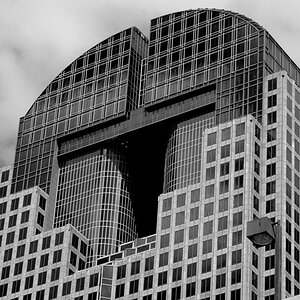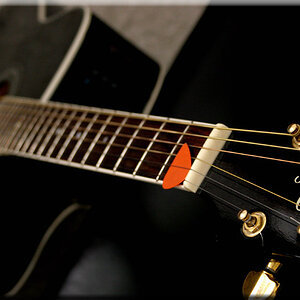Vtec44
Been spending a lot of time on here!
- Joined
- Nov 13, 2008
- Messages
- 3,501
- Reaction score
- 1,917
- Location
- So Cal
- Website
- www.jamestangphotography.com
- Can others edit my Photos
- Photos NOT OK to edit
This was not intended as a guide how to use your camera, but as an explanation of why things are like they are. People tend to think differently, but for me the knowing why is very important, becaus i tend to translate that into new knowledge. For me it makes it easier to learn about related things, when i can see the red line, and i think there are other thinking this wayThis is a perfect example of over complicating things without real understanding of the practical applications. LOL
I never mentioned anything about using the camera. These are not camera features. You tried to explain something that it doesn't look like you have practical knowledge of how they're being applied in the real world to create photographs, and you over complicate it. Yes, people tend to think differently. Have you applied these concepts to actually taking photos? What happen to the shadow areas when you use low ISO? What happen to the highlights? Aperture in relation to DOF and motion? Shutter speed in relation to motion and ambient light? Shutter speed in relation to flash? There are a lot more to ISO, shutter speed, and aperture when you actually take a photo. In the photography world there are so many pretentious people who try to sound like they're more knowledgeable than they are. To be frank, the title should be changed from "Really good explanation for people starting out with photography" to "My half assed explanation for people starting out with photography".


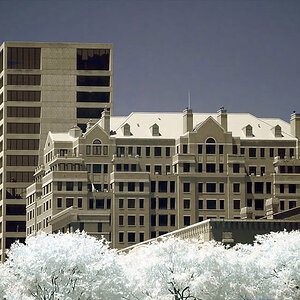
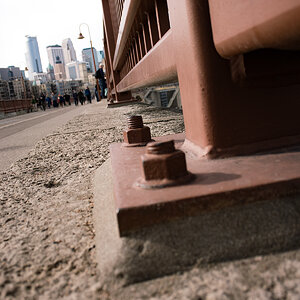
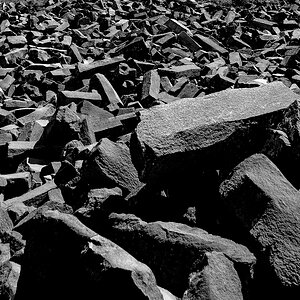
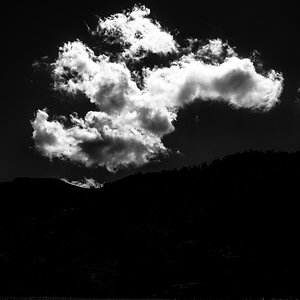
![[No title]](/data/xfmg/thumbnail/37/37623-b930ccd802f79b9c9cea990a7a5e5462.jpg?1619738153)
![[No title]](/data/xfmg/thumbnail/36/36099-feb952513e45dbf9f061ab28c1dc1121.jpg?1619737342)
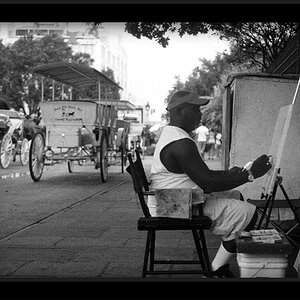
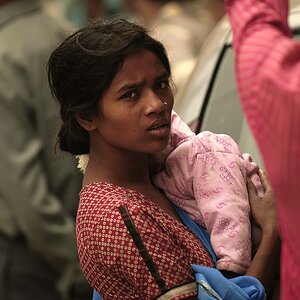
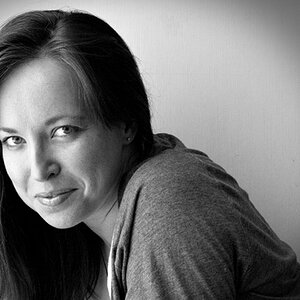
![[No title]](/data/xfmg/thumbnail/37/37620-c3155da657d8b81637b9050d879694f5.jpg?1619738152)
